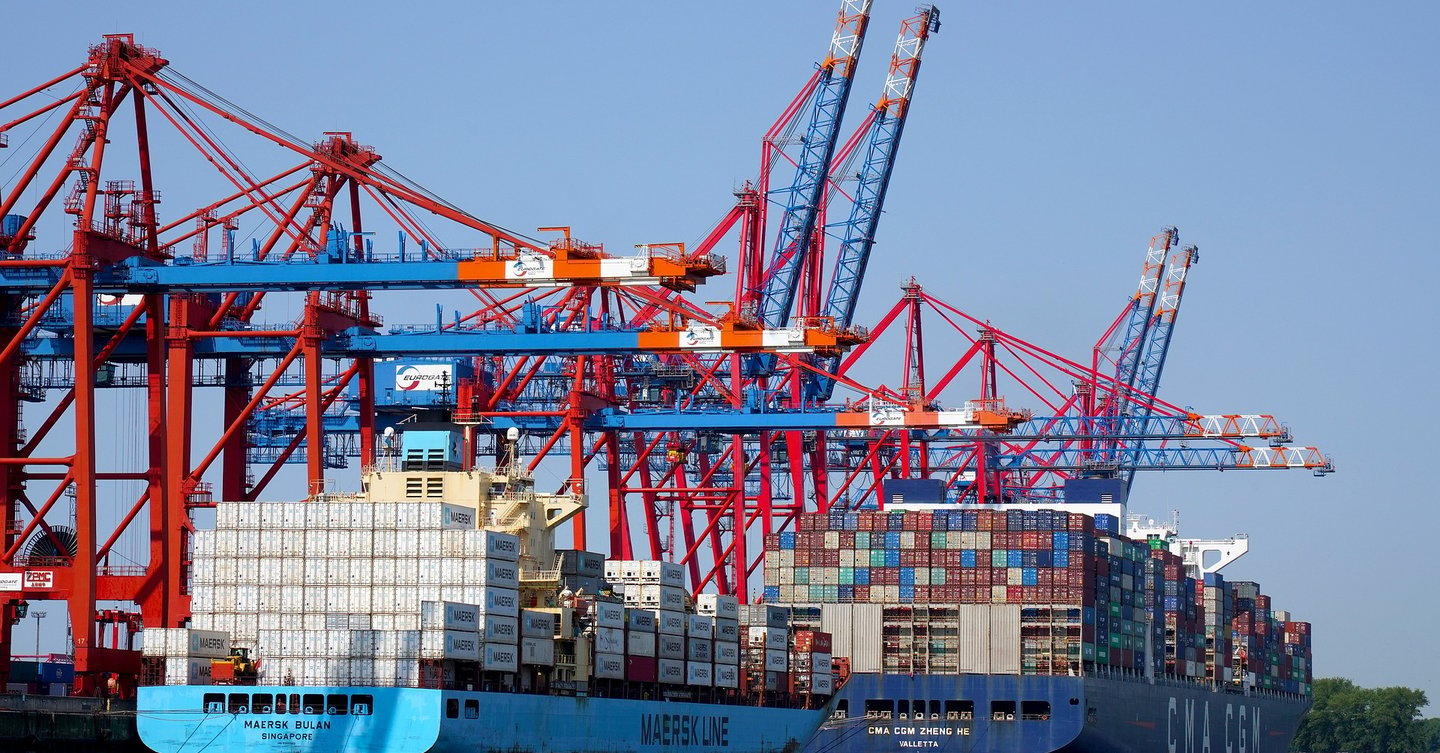Logistics & Supply Chain


Optimizing Route Planning and Transportation Networks: Quantum computing could revolutionize route optimization in logistics. By considering multiple variables simultaneously, quantum algorithms like the Quantum Approximate Optimization Algorithm (QAOA) could solve complex traveling salesman problems more efficiently than classical methods. This could lead to significant improvements in delivery times, fuel efficiency, and overall transportation costs. For large-scale logistics operations, quantum-optimized routes could result in substantial cost savings and reduced environmental impact.
Enhancing Inventory Management and Demand Forecasting: Quantum-enhanced machine learning algorithms could dramatically improve demand forecasting accuracy. By processing vast amounts of data and identifying subtle patterns, quantum computers could help businesses better predict future demand, optimize inventory levels, and reduce overstock and stockout situations. This could lead to improved cash flow, reduced warehousing costs, and better customer satisfaction. Quantum computing could also optimize dynamic pricing strategies, balancing supply and demand in real-time.
Streamlining Supply Chain Visibility and Risk Management: Quantum computing could enhance end-to-end supply chain visibility by processing and analyzing data from multiple sources in real-time. This could lead to better risk assessment and mitigation strategies. Quantum algorithms could simulate complex supply chain scenarios, helping businesses prepare for and respond to disruptions more effectively. This could be particularly valuable in managing global supply chains with multiple variables and potential points of failure.
Improving Warehouse Operations and Order Fulfillment: In warehouse management, quantum computing could optimize layout design, inventory placement, and order picking strategies. By considering numerous factors simultaneously, quantum algorithms could determine the most efficient ways to store and retrieve goods, potentially increasing warehouse productivity and reducing operational costs. This could be especially beneficial for e-commerce operations with large SKU counts and high-volume order fulfillment.
Enhancing Last-Mile Delivery Optimization: The last-mile delivery problem, often the most expensive and time-consuming part of the shipping process, could benefit significantly from quantum optimization. Quantum algorithms could consider factors like traffic patterns, delivery time windows, vehicle capacity, and driver schedules to create highly optimized delivery routes. This could lead to faster deliveries, reduced costs, and improved customer satisfaction.
Optimizing Production Planning and Scheduling: In manufacturing logistics, quantum computing could enhance production planning and scheduling. By considering multiple constraints simultaneously, quantum algorithms could optimize resource allocation, machine utilization, and production sequencing. This could lead to increased efficiency, reduced idle time, and improved on-time delivery performance.
Improving Reverse Logistics and Returns Management: Quantum computing could optimize reverse logistics processes, making returns management more efficient. By analyzing return patterns and optimizing return centers and transportation networks, businesses could reduce the costs associated with returns while improving customer satisfaction. Quantum algorithms could also help in predicting which products are likely to be returned, allowing for proactive measures.
Enhancing Sustainability in Supply Chain Operations: Quantum computing could play a crucial role in making supply chains more sustainable. By optimizing routes, reducing empty miles, and improving overall efficiency, quantum algorithms could significantly reduce the carbon footprint of logistics operations. Quantum-enhanced simulations could also help in designing more energy-efficient supply chain networks and evaluating the environmental impact of different operational strategies.
Challenges and Future Outlook: While the potential of quantum computing in logistics and supply chain management is immense, several challenges remain. These include the current limitations of quantum hardware, the need for quantum-literate logistics professionals, and the high costs associated with implementing quantum solutions. Additionally, integrating quantum computing into existing supply chain systems will require significant adaptation and may face regulatory and data privacy considerations.
As quantum technology matures, we may see a hybrid approach where classical and quantum computing are used in tandem to solve complex logistics problems. This quantum-enhanced supply chain ecosystem could lead to unprecedented levels of efficiency, resilience, and sustainability in global logistics operations, potentially transforming how goods are moved and managed worldwide
